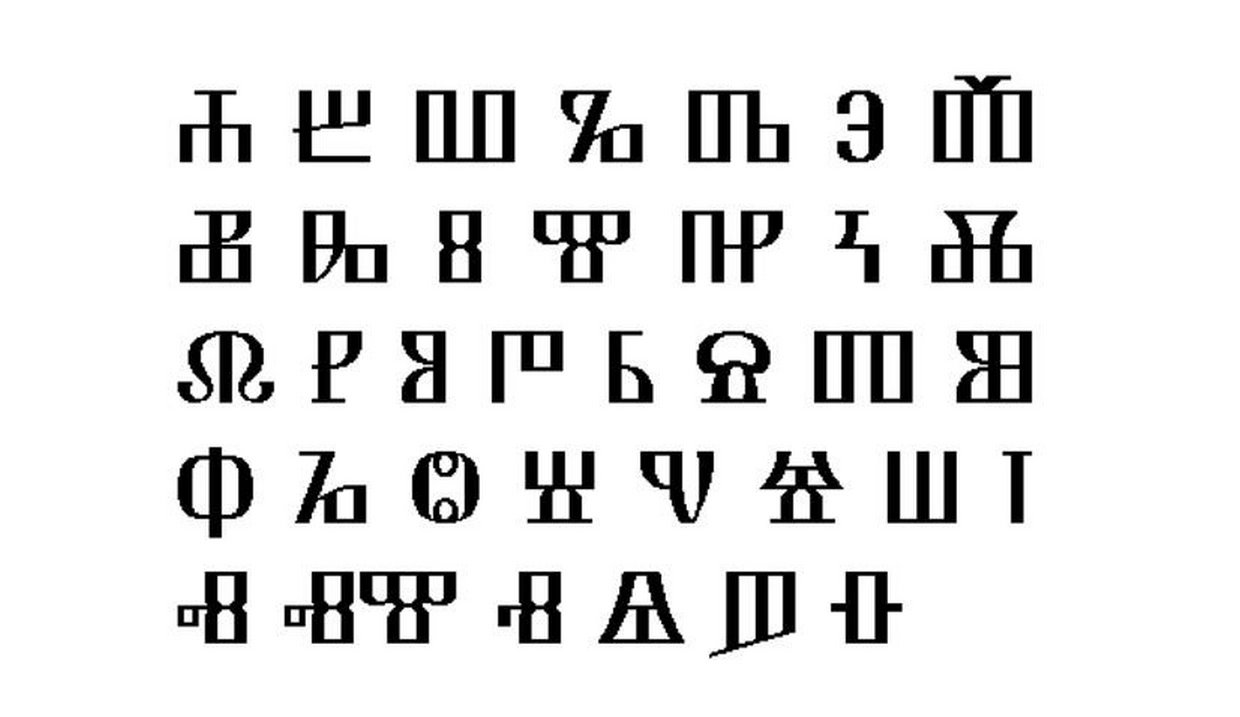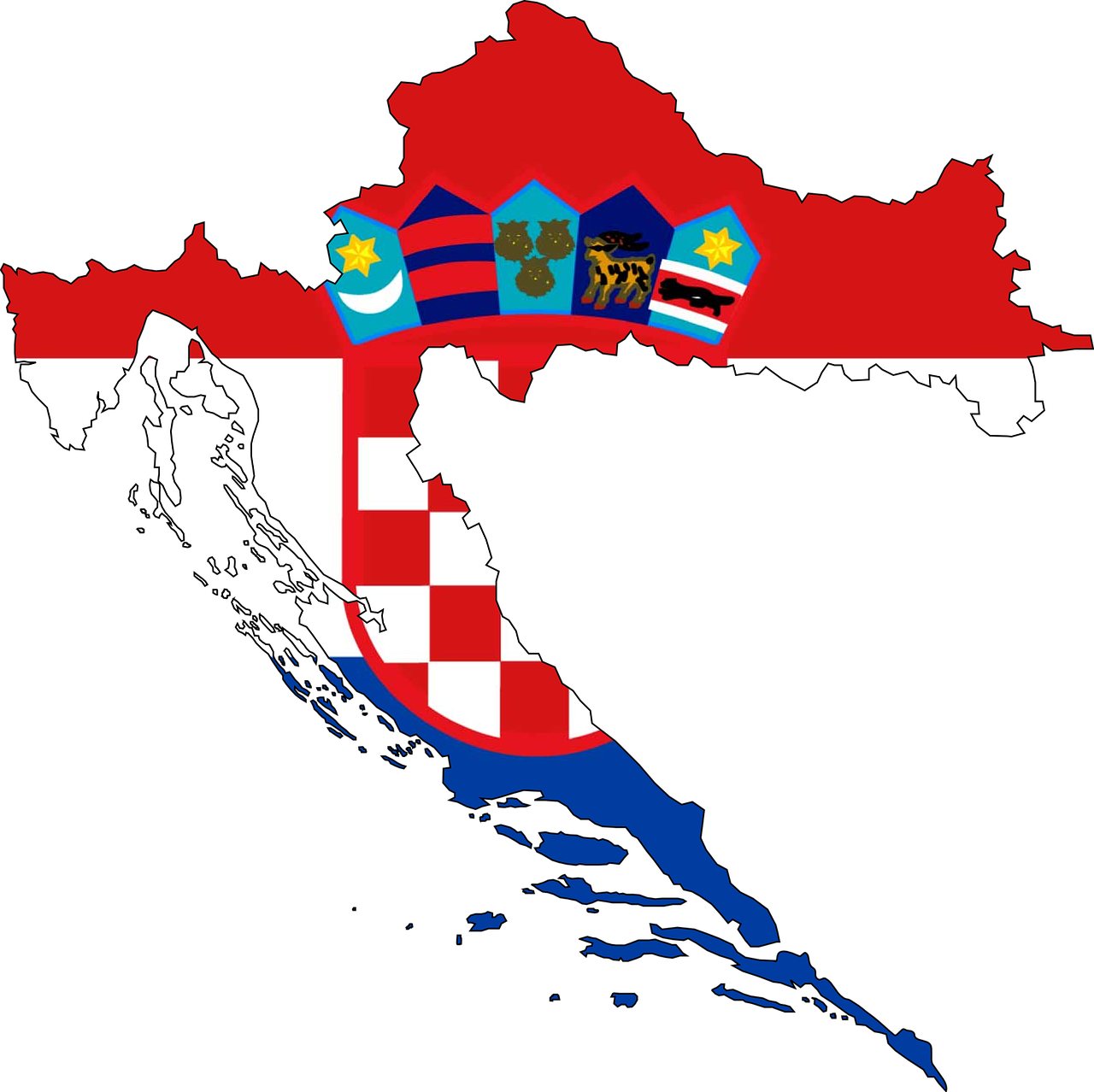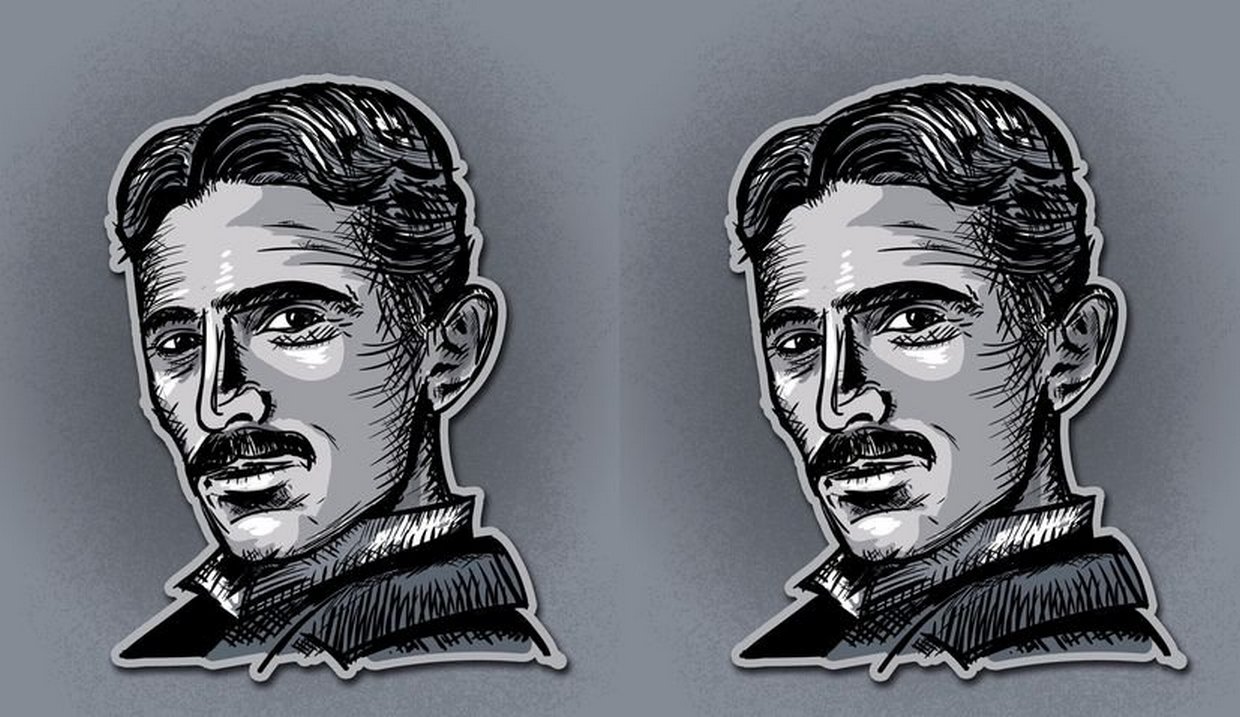The famous inventor Nikola Tesla, who was born in the Croatian village of Smiljan, will be one of the motifs of the Croatian euro coin.
The decision on the motives for future Croatian euro coins was made by the Monetary Committee of the National Bank of Croatia, taking into account the views of citizens.
About 50,000 people voted for five motifs – Croatian red and white checkers, a map of Croatia, a kuna, a Glagolitic alphabet and an image of Dubrovnik – while Tesla’s motif was the most popular.
Croatian checkers will be the basis of all coins, and a 2-euro coin will feature a map of Croatia. On the coin of 1 euro will be a kuna, and on the coin of 50, 20 and 10 cents – Telsen. The Glagolitic alphabet will be used as a motif on the 5, 2 and 1 cent coin.

The committee will now present its final proposal to be considered by the National Council for the introduction of the euro as the official currency in the Republic of Croatia with a final decision by the government, the National Bank of Croatia said.
Based on the selected motives, the National Bank of Croatia will announce an open tender in early August for the development of a conceptual design (graphic representation) of the national coin.

In mid-October this year, the Croatian National Bank will send graphic designs of the national side of euro coins to the European Commission and the Council of the European Union for approval by all members of the euro area.
According to the Croatian National Bank, the chessboard received the highest average score, followed by a map of Croatia, Glagolitic, Kuna and Dubrovnik, and the latter motive was much lower than other motives.
During the voting, citizens submitted more than 11,000 of their own proposals, and among them the most popular was the motive of Nikola Tesla (2599 proposals).
Most popular public offers:
Nikola Tesla – 2599 votes; 22.8% of all votes;
Tie – 1063 votes; 9.3%
Vukovar Water Tower – 419 votes; 3.7%
Croatian braid – 358 votes; 3.1%
Dalmatian – 311 votes; 2.7%
Croatia is expected to meet all requirements and join the eurozone in early 2023, the country’s prime minister said earlier.
According to a May opinion poll, 13% of Croatians strongly support the introduction of the euro, and another 48% generally support it. The majority of citizens (56%) believe that the introduction of the euro will benefit the state, but 40% of respondents believe that the euro will have a negative impact.
Source: croatiaweek.com

